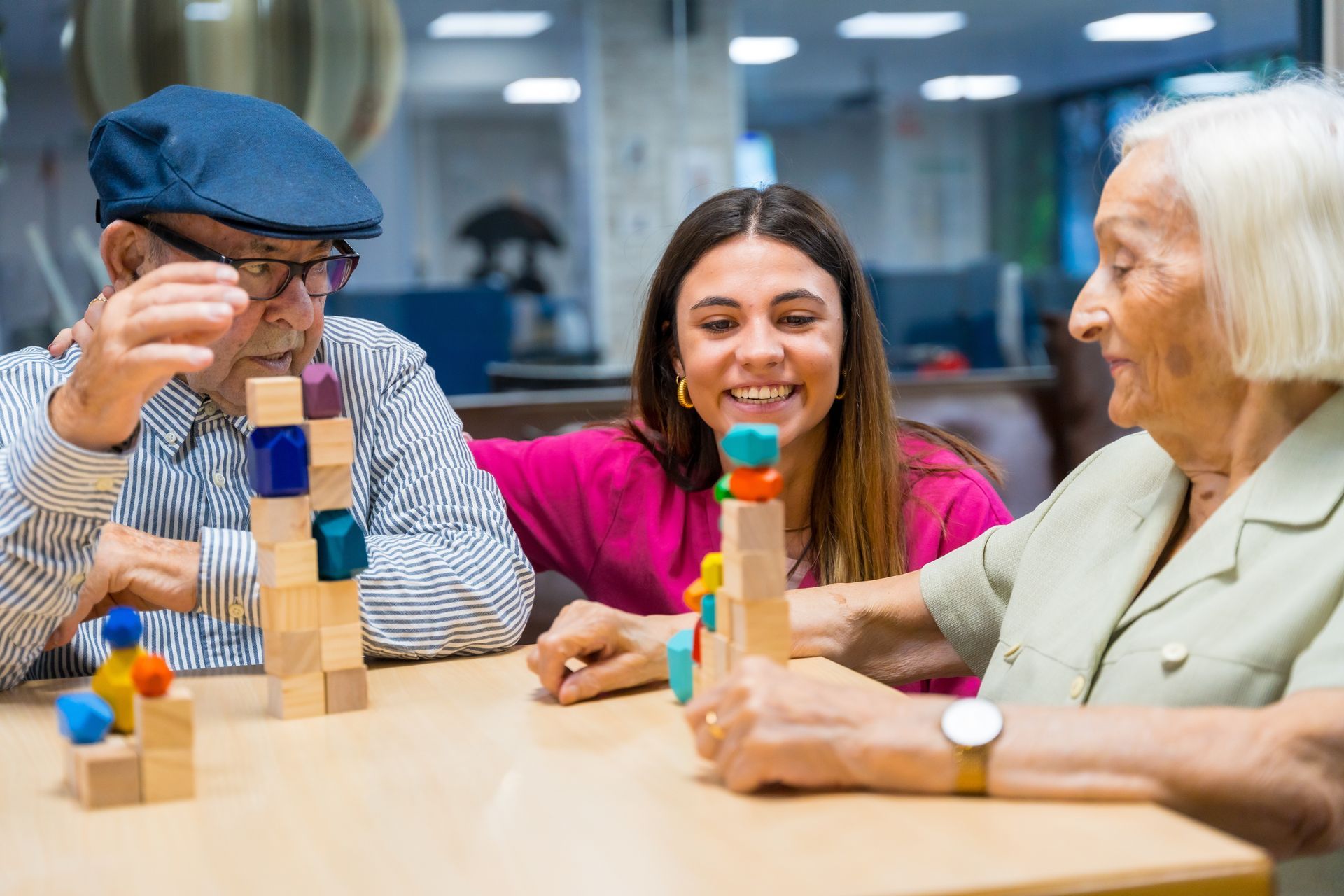BLOG
Actionable Advice for Transitioning to Assisted Living
Taking care of all the details involved in helping your loved one transition to assisted living can be overwhelming. There are many decisions to make, and you want to be sure they are able to live well during their senior years. Here are a few actionable tips that can help you as you and your family manage your loved one’s transition to a new way of life.
If you have any further questions, the staff at Assured Assisted Living would be more than happy to answer any of your questions or schedule a tour at (303)814-2688.
Do Your Research
There are a lot of options to choose from, especially if you’re willing to look outside of the local area. Some facilities have multiple locations, so if you find one you really like, you’ll have the ability to choose an option that’s more convenient. If you don’t live near your loved one, you’ll have to decide whether you want to move them closer to you or keep them local. If you keep them local, it will make the transition much easier. However, if you plan on visiting them often, you may want to look around your own area. You’ll also need to consider the costs of assisted living. Shop around for different prices to fit the budget you have to work with.
When looking at an assisted living website, you’ll want to get an idea of how involved the staff and the residents are. The biggest concern families have about moving their loved one into an assisted living facility is whether or not they will be properly taken care of. There have been stories in the news about some nursing homes being understaffed or staffed with people that are uncaring. The easiest way to prevent something like this from happening to your loved one is to visit the location and ask questions. The staff’s responses will show you how genuine they are and if they enjoy helping people that live there. Also, ask residents what they think of the staff and the overall quality of life there. If you’re not sure what you should be asking, here are a few questions that can help you get the conversation started.
Clean Out the House
Your loved one’s house is probably filled with many great memories, so it’s important to hold onto them. Find old photos, children’s toys, sports memorabilia, and other important items and keep them in one spot to prepare for the move. It’s also important to declutter and clean out things that won’t be used. For example, keep their favorite recliner but sell the extra loveseat. It’s all personal preference what will be kept and thrown out; just make sure there’s enough room in their new home for everything.
Perhaps the biggest decision that will be made is the decision to keep or sell the house. Many families choose to sell the home to provide funding for the costs of assisted living. If your loved one is running low on funds and you aren’t able to help supplement the costs, selling is highly recommended. However, keeping the house is an option many people take for a variety of reasons. They may want to keep it in the family and move in themselves or put it up for rent to help pay for the assisted living costs. If there is not much remaining on the mortgage, pay off the outstanding balance so you don’t have to pay extra from the accruing interest. If that is too expensive, knowing how to refinance a house can help save money on interest costs as long as you plan on keeping the house for more than a few years.
Get Involved
Community is one of the most vital parts of staying healthy. Once your loved one is moved in, make sure they get connected to the staff and residents. Having people on the staff they can go to when they need something will make them feel all the more at home. Similarly, making new friends and spending time with each other will help keep their mind and body active. Encourage them to join a club or attend events that happen on a regular basis. Staying mobile is also vital to health and longevity. Many assisted living facilities host exercise sessions that keep residents moving and healthy. If your loved one is interested in keeping active in their new home, they can look up exercise ideas online or ask the staff for some help on where to start.
Thrive
The transition to assisted living may seem like a lot of work, but once your loved one is in their new home, you’ll start to see how helpful it is for them. Having a community of people around them to keep them as engaged and alert as possible will help them age well. Make sure to visit them as often as you can, and if you’re too far away for regular visits, the staff would be more than happy to assist you with setting up video calls to check-in.














